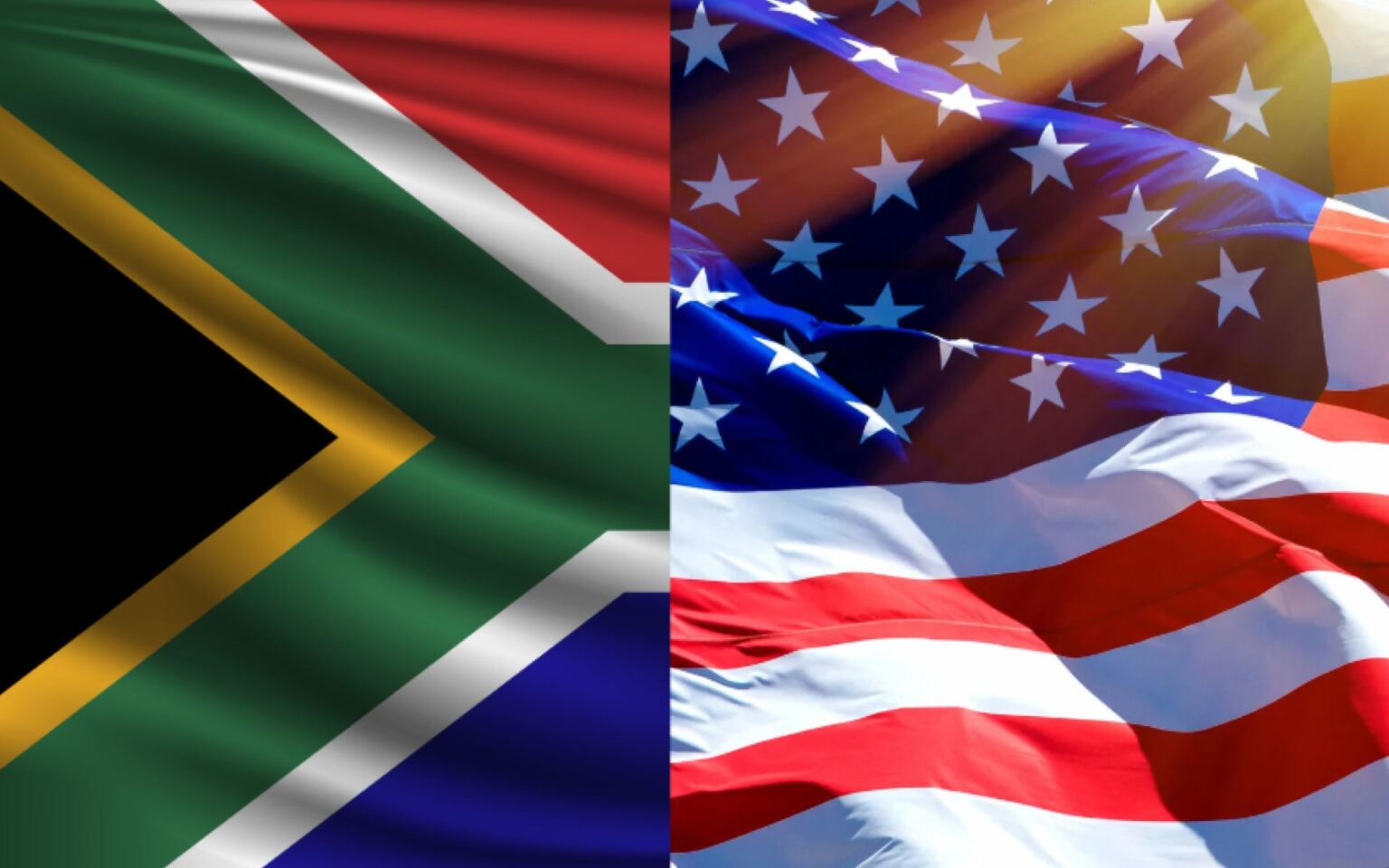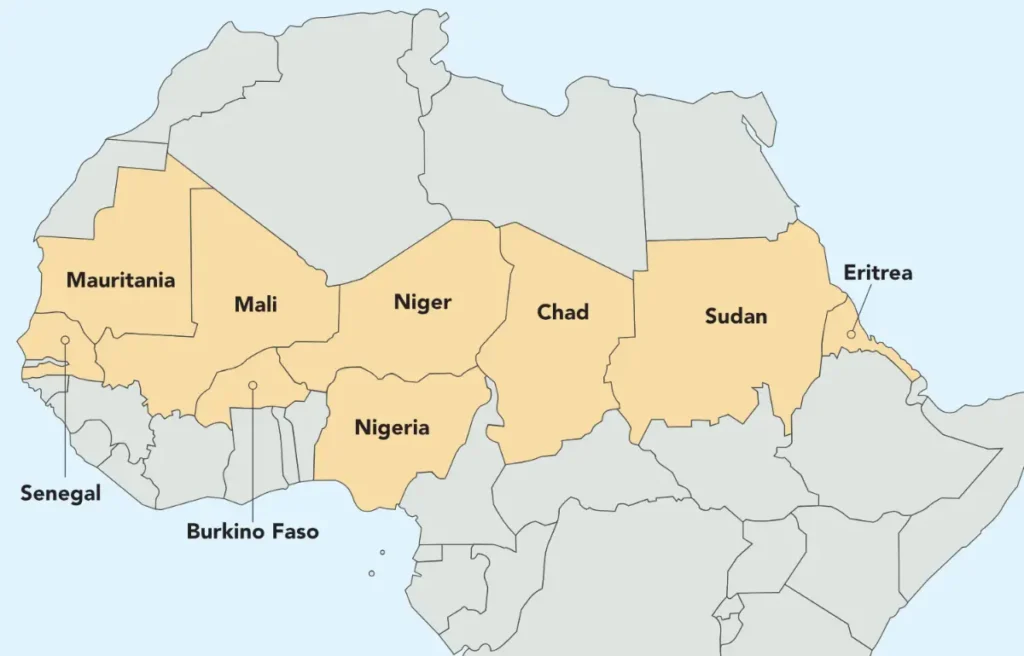- Africa’s Green Economy Summit 2026 readies pipeline of investment-ready green ventures
- East Africa banks on youth-led innovation to transform food systems sector
- The Washington Accords and Rwanda DRC Peace Deal
- Binance Junior, a crypto savings account targeting children and teens debuts in Africa
- African Union Agenda 2063 and the Conflicts Threatening “The Africa We Want”
- New HIV prevention drug is out — can ravaged African nations afford to miss it?
- From banking to supply chains, here’s how blockchain is powering lives across Africa
- Modern railways system sparks fresh drive in Tanzania’s economic ambitions
Author: Opinion
African countries need to tap the power of the grid and every resource available to them in order to achieve what the West takes for granted every day. The big question, of course, is how do we get there? Who bears what burdens, and how? Africa deserves the chance to improve the quality of life for its people, and it has the resources to solve its own problems if given the chance. As the hottest year ever recorded draws to a close, climate change is passing from theory to reality and gaining ever-increasing urgency in statehouses around the world. The…
Now is the time for Namibia’s leadership to show it respects the billions of dollars companies spend on oil and gas production. One of the most practical ways for Namibia to do that is to update its petroleum contracts: They need language that protects oil and gas companies’ investments. Namibia’s contracts should include what’s known as a fiscal stability clause, which would clearly state that if Namibia were to make legislative or regulatory changes—such as new tax requirements—the energy companies signing the contract would be protected from negative economic impacts. The world is watching Namibia. To be more specific, the…
Alignment with Trump’s energy-first ethos would mean that Africa could unlock significant funding for wide-ranging fossil fuel projects, and not just the offshore oil and gas ventures that dominate the headlines. The continent should capitalize on all opportunities in onshore projects, wildcat wells (exploratory drilling in unproven areas), and the proliferation of numerous small operators. These avenues lead the way to diversity in Africa’s energy portfolio, job creation, and massively strengthened energy security. Donald Trump’s return to the White House in 2025 represents a pivotal moment for Africa’s fossil fuel industry. His administration’s swift reapproval of a US$4.7 billion loan…
Africa will eventually rely primarily on renewable energy, as much of the rest of the world strives to — but on its own timetable. To achieve a carbon neutral future, African nations must have the underlying infrastructure and industry to make the dominance of renewables possible. But as things currently stand, most African states lack said infrastructure and industry. There’s a promising future for African renewables as the continent strives to balance its current reliance on fossil fuels. That’s the prediction of the African Energy Chamber’s 2025 Outlook Report on the State of African Energy. As I have said before,…
Beyond physical infrastructure, Africa’s integration requires modern software upgrades: the systems, policies, and institutional frameworks that power trade across borders. By positioning economic transformation at the heart of our integration agenda, Africa can advance up the value chain to generate wealth. By effectively mobilizing our own resources first, driving economic transformation, and building both the required software and hardware, we can successfully integrate Africa. Ask any traveler about their experience moving across parts of Africa, and you will likely hear about familiar challenges: high costs, indirect routes, and unpredictable schedules that can make even the simplest journeys more complicated and…
Since 1960, more than $2.6 trillion has been pumped into Africa in the form of aid. From 1970 and 1998, when aid was at its peak, poverty actually rose alarmingly—from 11% to 66%—due in large part to this massive influx of foreign aid that counteracted its intended good. Aid decreased long-term economic growth by fuelling systemic corruption, in which powerful aid recipients funnelled foreign funds into a personal stash instead of public investment. After President Trump announced a 90-day overseas spending freeze, Secretary of State Marco Rubio said “every dollar” must be “justified” by evidence that it makes the US…
Existing programs like the African Growth and Opportunity Act (AGOA) are under review, with a shift toward enforcing stricter reciprocity. USAID, traditionally a key player in U.S. humanitarian and development efforts, is being dismantled and merged into the State Department. Stricter visa policies and a reduction in refugee resettlement quotas directly impact African nations. With the new Trump administration taking shape, its foreign policy direction for Africa is becoming increasingly evident. Guided by the “America First” principle, this strategy prioritizes American interests through pragmatic diplomacy, targeted partnerships, and a focus on security and economic priorities. Below is a detailed exploration…
Through partnerships, innovative incentives, and public-focused investments, the Sahel can close the energy gap and bridge the rural-urban divide. Based on the region’s potential, UNDP is implementing the UN Integrated Strategy for the Sahel (UNISS), aiming to provide clean, affordable energy to over 150 million people by 2025. The Sahel has one of the highest potential for solar energy production globally, at 13.9 billion kWh/year compared to the global consumption of 20 billion kWh/year. Imagine a Sahel region where every household, school, and hospital has access to clean, affordable energy—where renewable power not only serves homes but also drives economic…
In developing countries, fintechs are particularly responsible for social impact as there are often wider gaps to fill. Fintechs have the power to do good, but for a company to label itself ‘for good,’ this must be a key business priority. However, when it comes to dealing with investors and board members, fintech leaders must balance their social impact ambitions with profitability, useability and affordability. Positive social impact is often only associated with governments or NGOs, organisations which are doing good without the motivation of profit or brand. However, fintechs are oftentimes uniquely positioned to solve social issues through providing…
Mission 300 will invest in new and rehabilitation of generation capacity, transmission systems, including intra- and regional interconnections, as well as distribution grids to build robust and reliable power systems. It will be complemented by reforms in the energy sector to ensure affordability and sustainability of electricity service, and financially viable utilities. Across Africa, nearly 600 million people live in energy poverty, deprived of reliable access to electricity—a fundamental prerequisite for modern life. This staggering statistic represents more than just a lack of power. Significantly, it translates to limited opportunities for education, healthcare, gender equality, and economic growth. Mission 300,…














